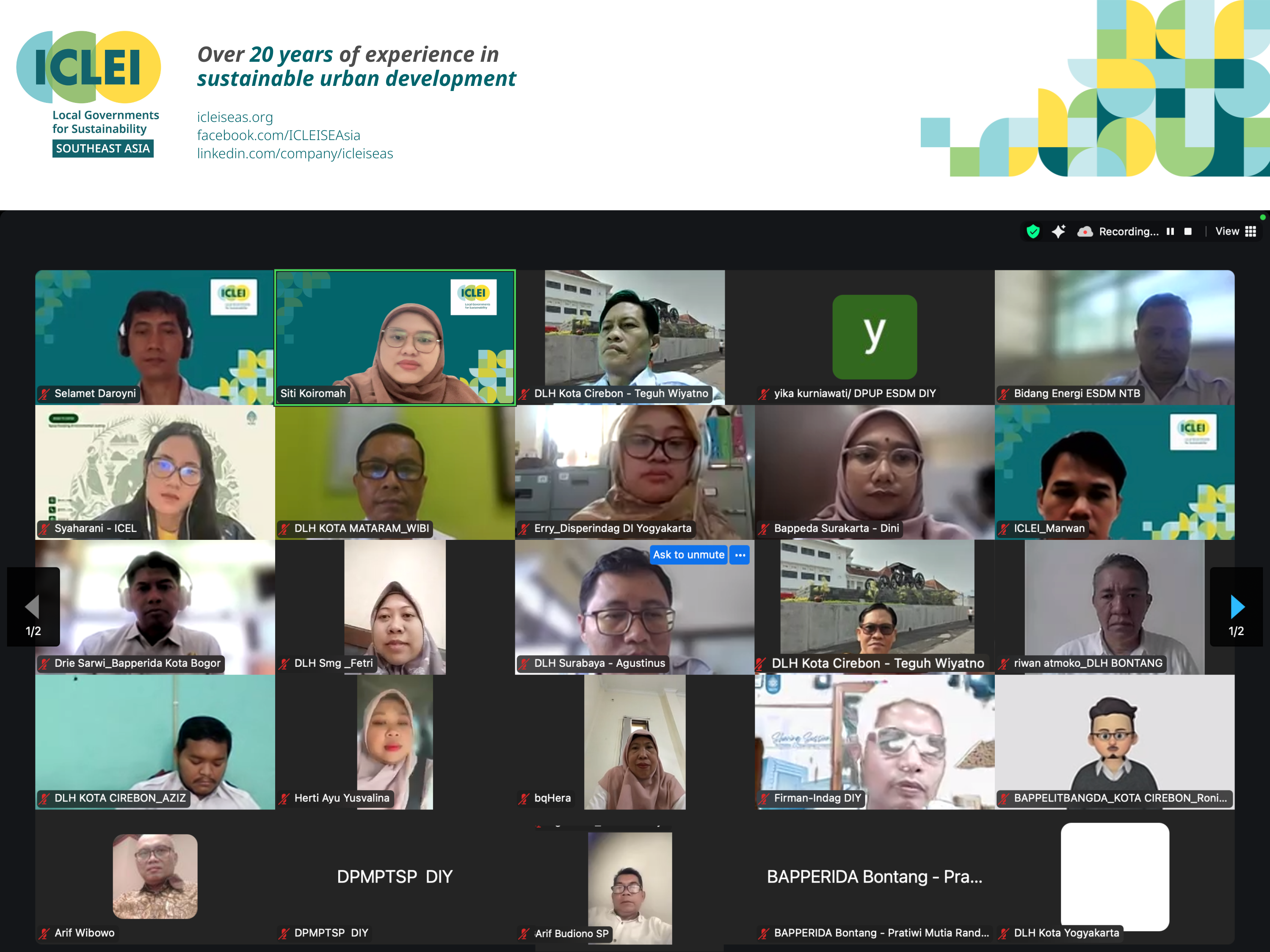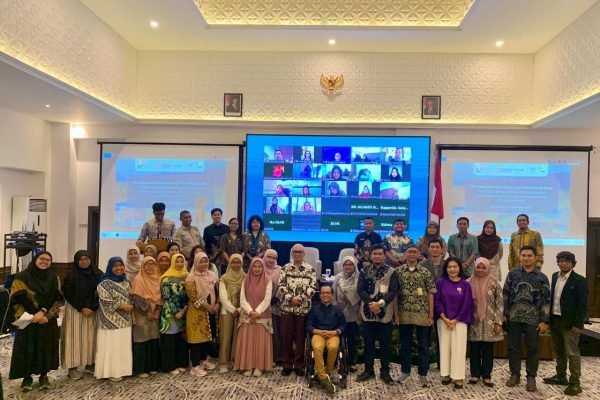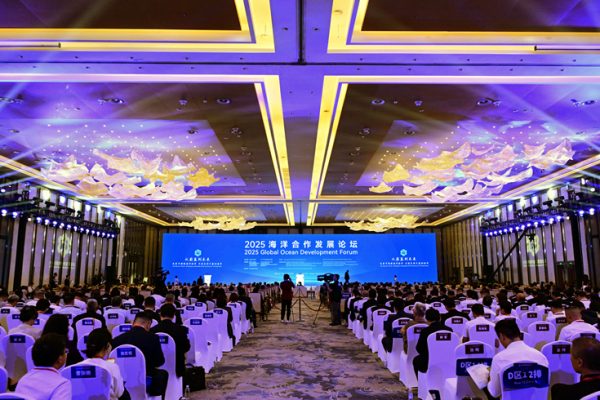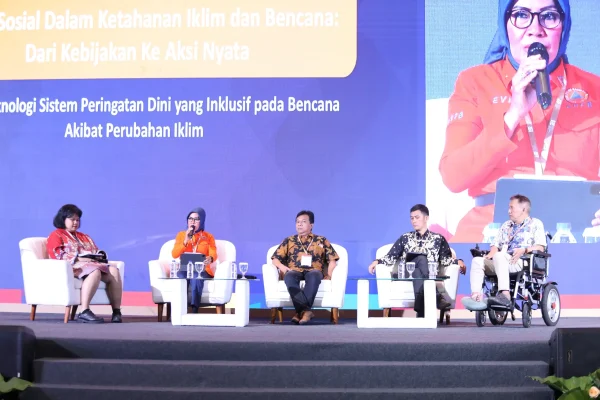More than 40 local government officials from over 10 cities and regencies in Indonesia participated in the second RENEW capacity-building session in the country.
The Special Region of Yogyakarta Province and over 40 local governments across Indonesia are participating in the renewable energy capacity-building sessions to share lessons and deepen their understanding of renewable energy regulations, supporting the country’s clean energy transition.
ICLEI – Local Governments for Sustainability Indonesia facilitated this initiative with the theme “Regulation on Renewable Energy (RE) and Energy Efficiency (EE) at the National and Regional Levels,” held virtually on 4 June 2024. The initiative builds on Yogyakarta’s partnership commitment—formalized through a Memorandum of Understanding (MoU)—to advance climate change mitigation efforts and drive a clean energy transition in the region under the RENEW-SEA program.
Ms. Yustina Ika Kurniawati, Head of the Energy Division at the Yogyakarta Energy and Mineral Resources Office (PUP-ESDM), kicked off the second session of the training. She welcomed participants and shared Yogyakarta’s progress since the initiative began.
“We’ve set up a Regional Energy Task Force here in Yogyakarta, based on the mandate of Regional Regulation No. 6/2020 (Regional Energy Plan of Yogyakarta). It brings together academics, energy specialists, associations, state-owned enterprises, and technical departments from both the province and local governments. This team will support the implementation of energy policies across various areas such as electricity, renewable energy, and energy conservation,” she said.
She shared that PUP-ESDM has adopted a more inclusive approach. “We’re now working together with a wide range of experts, receiving valuable input, and moving forward as a team. We hope this collaboration continues with ICLEI’s support—and that regional agencies and local offices stay involved. We all share the same goal, a successful clean energy transition for Indonesia.”
As a province with special autonomy, the Special Region of Yogyakarta comprises one city—Yogyakarta City—and four regencies: Sleman, Bantul, Kulon Progo, and Gunungkidul. All regions participated consecutively in the training program under the RENEW-SEA initiative, which aims to equip local leaders with a deeper understanding of renewable energy and energy efficiency policies, including relevant regulations, targets, and implementation strategies. This enables local governments to better understand the direction of national policy and align with it in developing more ambitious strategies/action plans based on local potential.
Understanding regulatory frameworks and local capacities in clean energy transition.
Syahrani, an expert from the Indonesian Center for Environmental Law (ICEL), was invited to deliver a session covering RE and EE policy frameworks, and the role of subnational governments in the energy transition pathway, including constraints and enablers.
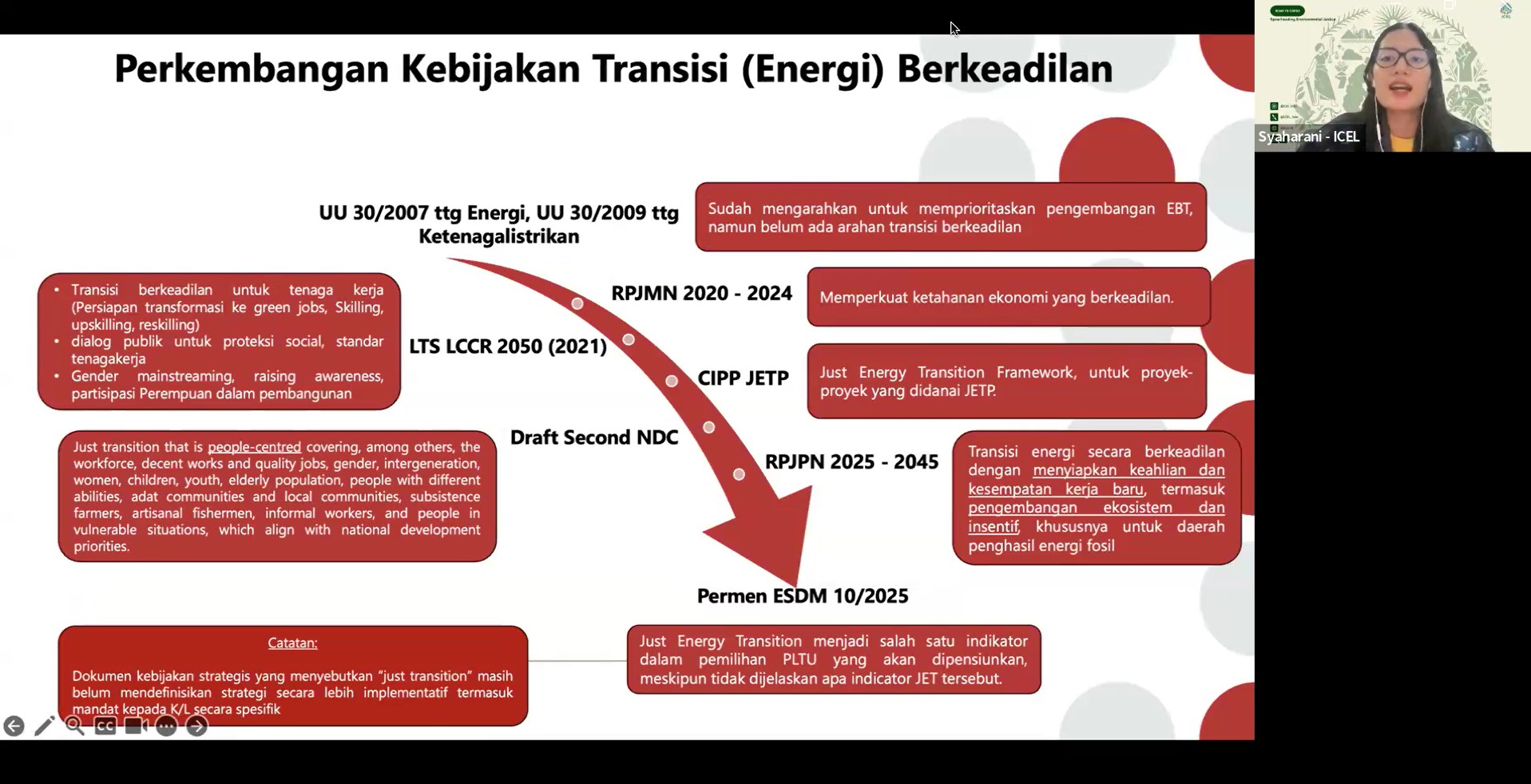
Syahrani, Program Manager at the Indonesian Center for Environmental Law (ICEL), presented an overview of Indonesia’s regulations on renewable energy and the role of local governments in the energy transition.
In her presentation, Syahrini explained that Indonesia’s national energy targets have been outlined in various strategic planning documents, both sectoral and cross-sectoral. For instance, the National Energy Policy (KEN/PP No. 79 of 2014) sets an RE share target of 31% by 2050. The Enhanced-NDC commits to achieving 28 GW of installed RE capacity by 2030. Through the Just Energy Transition Partnership (JETP), Indonesia has pledged to reach 44% RE share in the power sector by 2030. Meanwhile, the Long-Term Strategy for Low Carbon and Climate Resilience (LTS-LCCR) outlines a 43% share by 2050. Additionally, the National Electricity General Plan (RUKN) targets a 19–22% renewable energy share by 2030 and 64.7% by 2060.
Despite strong commitments, Syahrini pointed out the need to better align various targets across policy documents. This will enable practical local implementation in achieving those targets.
The speaker also highlighted challenges for city governments, including the centralized authority over the energy sector and mineral resources, which limits coordinated efforts. The lack of integration between the Regional Energy Plan (RUED), the Regional Spatial Plan (RUKN), and the Regional Medium-Term Development Plan (RPJMD) further weakens policy alignment. Consequently, local governments have limited authority over energy generation and face difficulties obtaining business permits—especially for business developers—while budget constraints hinder the development of pilot projects.
To address these issues, regional energy forums or task forces should foster meaningful stakeholder participation, including local communities. Expanding local governments’ authority over renewable energy projects will enable more effective action. Consistent central government funding is also key to accelerating regional clean energy initiatives.
She further emphasized that strong knowledge and experience transfer is essential to ensure that the energy transition strategies are context-specific, technically sound, and contribute to broader national energy security and resilience.
Sharing of experiences accelerates localized sustainable energy transitions
Enriching the discussion, regions committed to supporting the energy transition, including Surabaya and West Nusa Tenggara (WNT), joined to share their experiences. Other local governments from ICLEI Indonesia’s network—such as Bontang, Surabaya, Surakarta, Sukabumi, Mataram, Sumbawa, and Palembang—also participated.
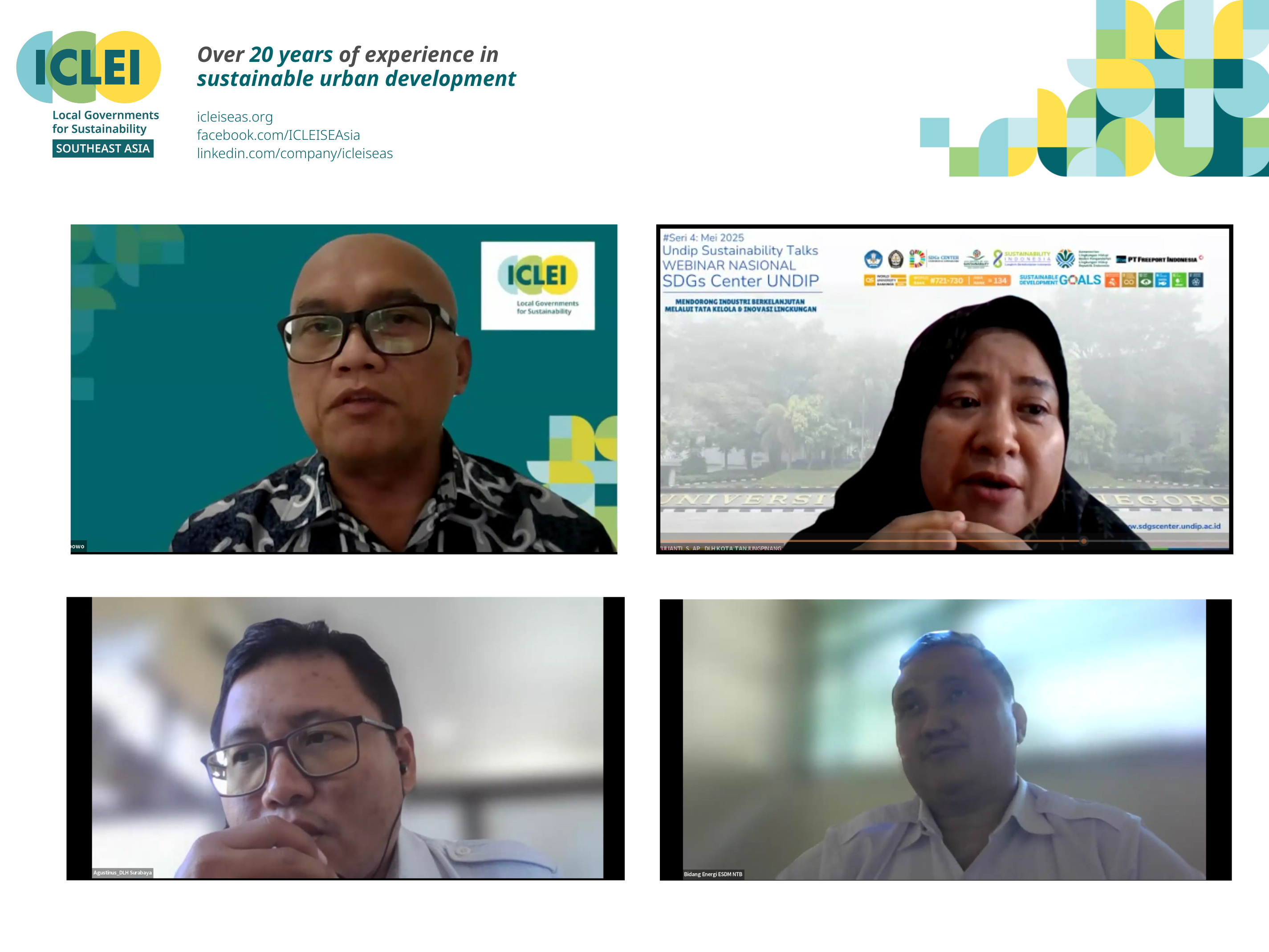
(In the picture, clockwise) Arif Wibowo, Country Manager of ICLEI Indonesia; Evi Yulianti from the Environmental Agency of Tanjungpinang City; Official from Energy Agency of West Nusa Tenggara Province; and Agustinus from the Environmental Agency of Surabaya City, during the Q&A session and experience-sharing discussion.
Discussions covered several local issues and opportunities, ranging from the biomass supply chain to mitigation efforts such as waste-to-energy projects that support higher renewable energy mix in the region.
In Sumbawa and Mataram, biomass emerges as a promising renewable energy source for co-firing in power plants and local energy use, such as household biogas. Wibi from Mataram’s Environmental Agency noted fast-growing tree species in southern Lombok suitable for biomass feedstock. The City of Mataram estimates biomass use is at 8% of its energy mix. Moreover, organic waste, as a bioenergy source, is also used in maggot farming, further extending its use-case scenarios.
The discussion identified a critical insight: the absence of a comprehensive preliminary study on the biomass supply chain, as is the case in WNT. This situation calls for urgent, integrated research to assess biomass resources, avoid inter-sectoral conflicts, and secure a sustainable, reliable feedstock supply before scaling up implementation.
Surabaya City highlighted its waste management approach through the Benowo Waste-to-Energy Plant (PLTSA). The facility processes approximately 1,500 tons of waste daily and generates 9 MW of electricity using gasification technology and 2 MW using landfill gas recovery.
Its financing model is a combination of a regional budget (APBD), tipping fees, electricity sales revenue, and ongoing support from central government waste management assistance programs from 2021 to 2024.
This business model offers valuable insights for other municipalities looking to develop sustainable and financially viable waste-to-energy solutions.
The RENEW SEA project aims to bring together and mobilize three subnational governments—namely Yogyakarta (Indonesia), Hang Tuah Jaya (Malaysia), and Chiang Mai Municipality (Thailand)—working towards sustainable energy. Through the project, ICLEI facilitates multi-level collaboration and capacity-building, and foster knowledge exchange focused on scaling up efforts in renewable energy and improving energy efficiency. The three subnational governments are supported with tailored resources, training, peer exchanges, and networking opportunities.

